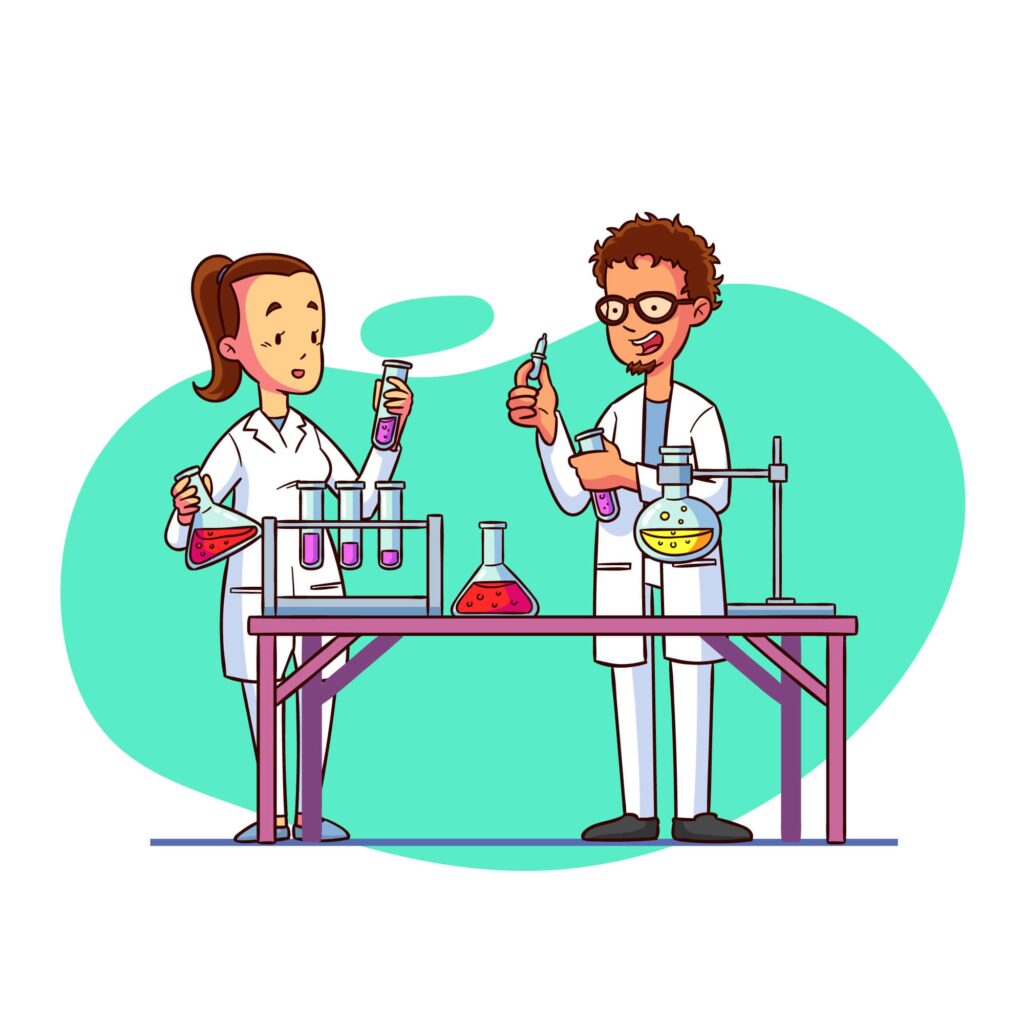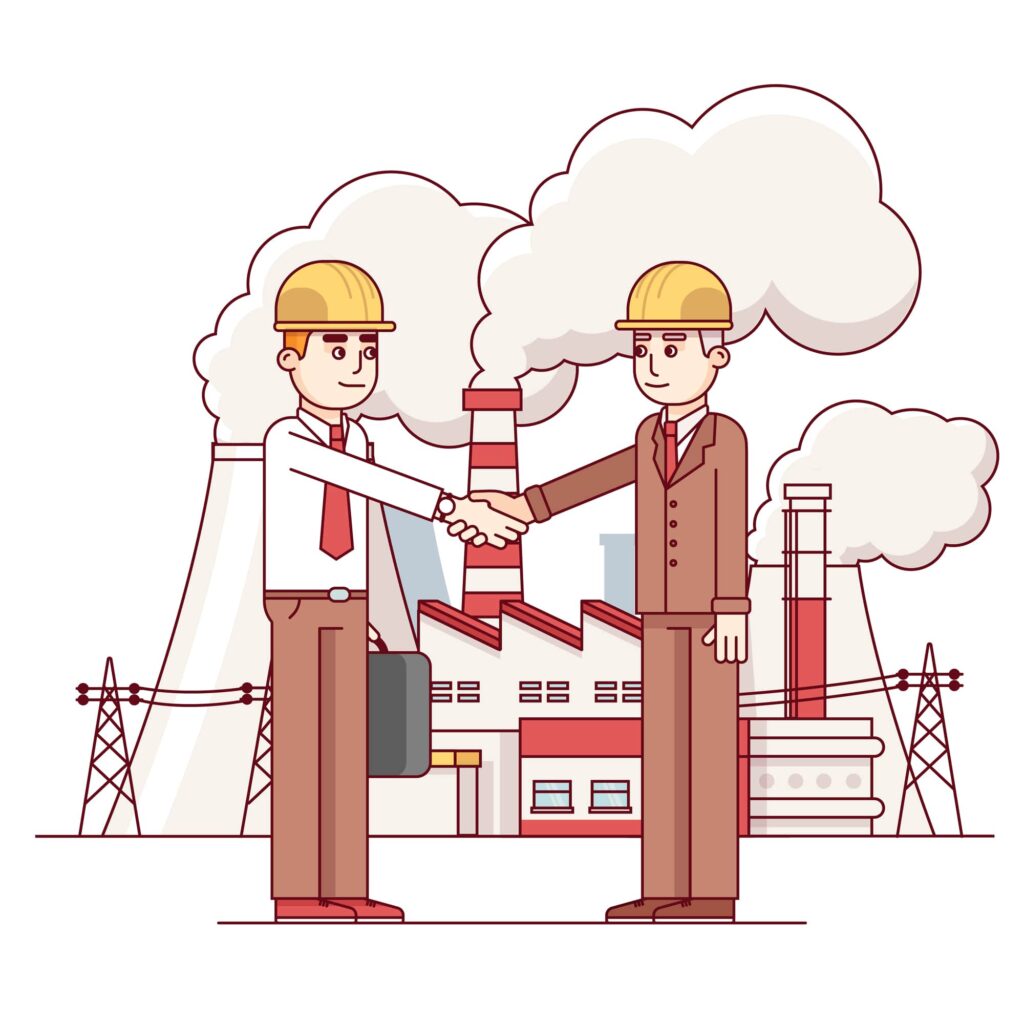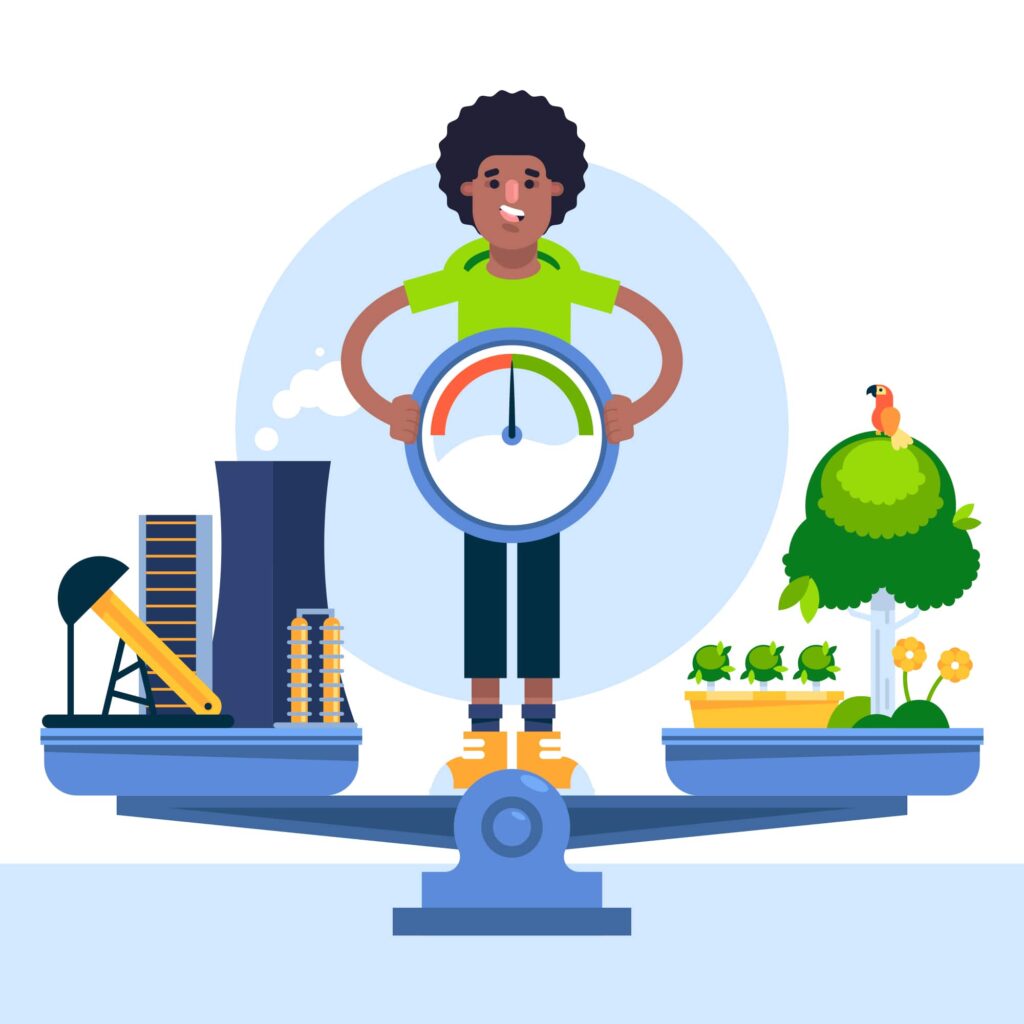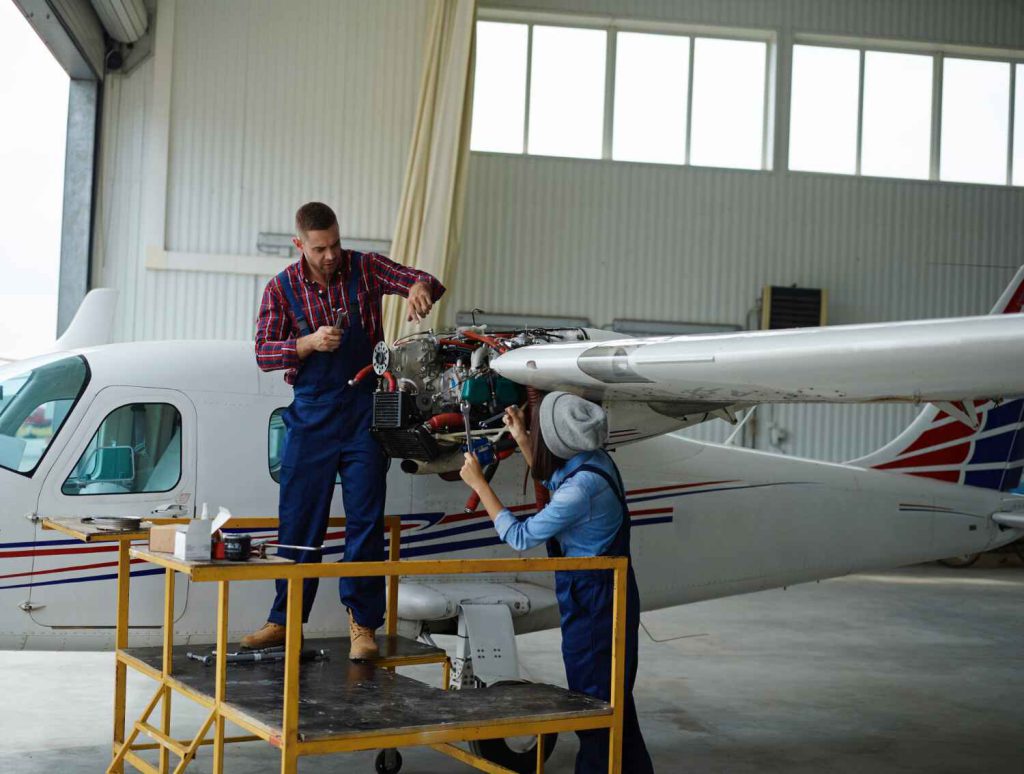The engineering industry encompasses diverse departments, each crucial for driving innovation and development. Here’s a look at key departments and their primary job roles:
The engineering industry encompasses diverse departments, each crucial for driving innovation and development. Here’s a look at key departments and their primary job roles:

Design Engineer : Creates and refines mechanical product designs.
Manufacturing Engineer : Focuses on improving manufacturing processes and systems.
Thermal Engineer : Specializes in heat transfer and thermal management.
Civil Engineer : Plans, designs, and oversees construction of infrastructure projects.
Structural Engineer : Analyzes and designs structural systems to ensure stability and safety.
Geotechnical Engineer : Studies soil and rock mechanics to support civil engineering projects.
Transportation Engineer : Designs and optimizes transportation systems and infrastructure.


Electrical Engineer : Develops and tests electrical systems and components.
Power Systems Engineer : Focuses on generating, transmitting, and distributing electrical power.
Control Systems Engineer : Designs and implements control systems for industrial processes.
Electronics Engineer : Works on the design and development of electronic devices and systems.
Chemical Engineer : Develops and optimizes chemical processes and manufacturing techniques.
Process Engineer : Focuses on improving and scaling chemical processes.
Materials Engineer : Works on the properties and applications of materials used in chemical processes.
Biochemical Engineer : Specializes in processes involving biological materials.


Industrial Engineer : Optimizes complex systems and processes for efficiency and productivity.
Operations Research Analyst : Uses mathematical models to solve operational problems.
Quality Engineer : Ensures products and processes meet quality standards.
Supply Chain Engineer : Manages and improves supply chain processes.
Environmental Engineer : Develops solutions to environmental challenges, such as pollution and waste management.
Water Resources Engineer : Focuses on water management and treatment systems.
Sustainability Engineer : Designs systems and processes to promote sustainability and reduce environmental impact.
Environmental Consultant : Provides expertise on environmental regulations and best practices.


Aerospace Engineer : Designs and tests aircraft, spacecraft, and related systems.
Propulsion Engineer : Specializes in propulsion systems for aerospace applications.
Avionics Engineer : Develops and maintains electronic systems used in aviation.
Systems Engineer : Integrates various systems and components in aerospace projects.
Explore these engineering roles to find the right fit for your career and consider referring qualified candidates to earn commissions for successful placements!

